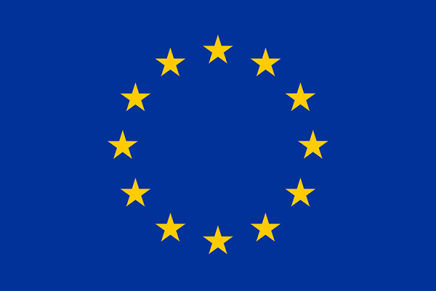

The project is focused on assessing the right level of smartness necessary for any given household and then providing the optimal tools according to the needs of the user (occupant or tenant, owner or manager and energy service provider). It is designed to be versatile and adapt to the engagement level and monitoring and automation level of the building, motivating them to invest by increasing engagement and the smartness of the household.
Passive solutions, such as natural ventilation and cooling will be prioritized through a free running strategy to reduce the energy consumption of mechanical HVAC. Predictive maintenance will be implemented to reduce maintenance and repair costs, emphasizing RES. Big data and advanced analytic tools will be used to facilitate flexible building-side demand and ease the integration into district heating and electricity grids. Proactive optimization will be achieved through data predictive control. These components will be interfaced through cloud middleware to deliver a highly interchangeable and interoperable solution. PRELUDE is designed as an optimization service, providing clear and pertinent feedback and suggesting retrofitting actions on a cost-efficient basis through dynamic building renovation passports.
The project’s innovations will be demonstrated in a wide spectrum of applications: individual multi-apartment buildings in Turin and Geneva, large scale residential in Krakow, social housing in Athens, detached modern nZEBs in Denmark and on a district scale in the Municipality of Aalborg. Each of these cases featuring unique challenges and benefits for the users. PRELUDE will achieve energy savings exceeding 35% by leveraging both occupant and building operations. Similarly, maintenance and repair costs will be reduced by over 39%.
Tree Technology is leading a big data task, for scaling individual building data and models to efficiently aggregate and apply to multiple buildings scenarios (i.e. neighbourhood, district, city) towards generating knowledge and intelligence at scale. To achieve this, a Big Data cloud-based data integration platform will be built where aggregated information (data, both static and dynamic, historical and real-time; and models) from multiple buildings are integrated and properly consolidated for further exploitation at scale.

This project has received funding from the European Union's Horizon 2020 research and innovation programme under grant agreement No 958345.
Designed with Mobirise - Find out